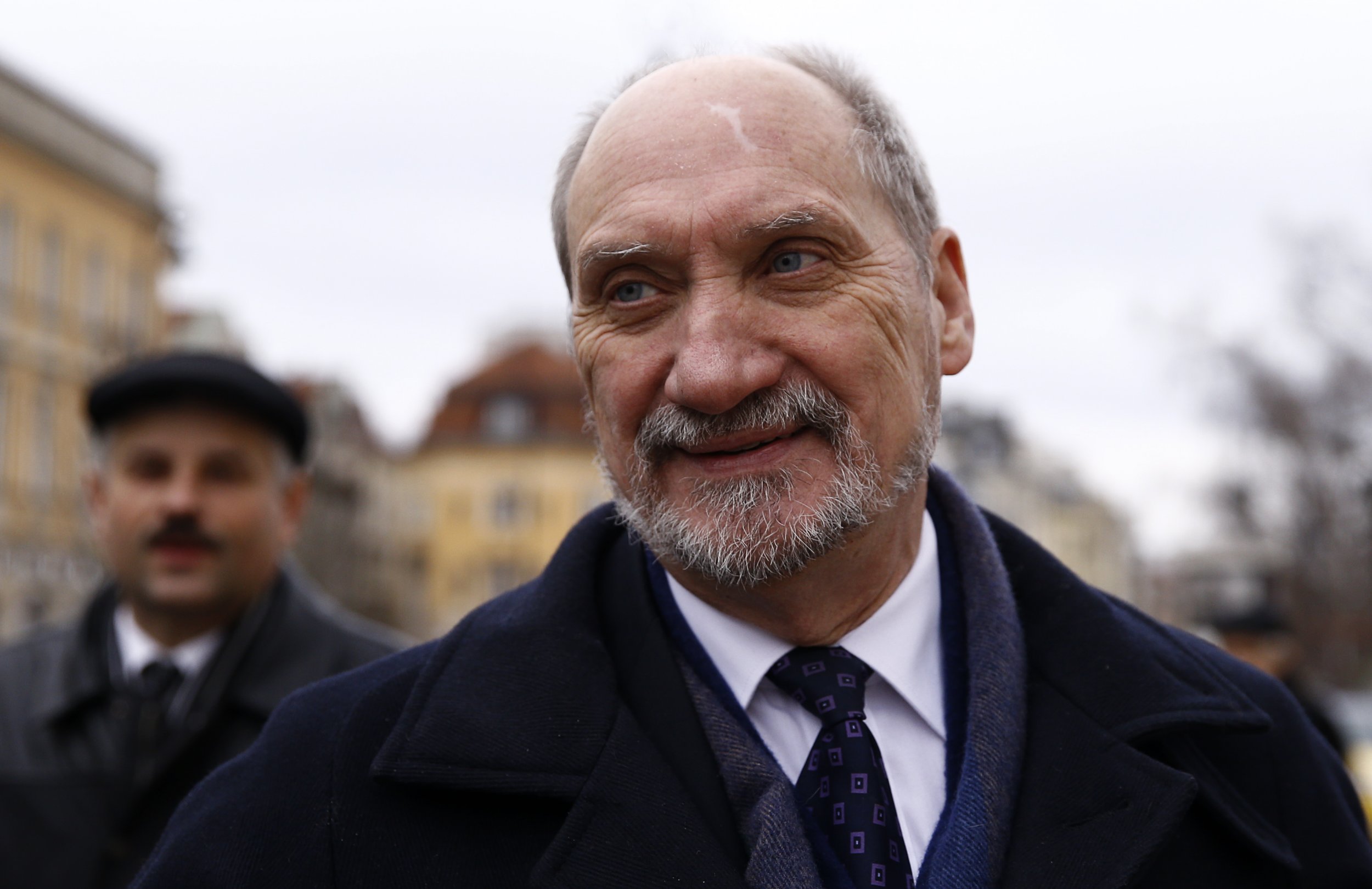
Polish Defence Minister Antoni Macierewicz has prompted outrage in Russia by suggesting that the 2010 plane crash that killed Polish President Lech Kaczynski was a result of "an act of terrorism".
The crash near the Russian town of Smolensk killed Polish President Lech Kaczynski, his wife everyone onboard including several MPs and defense officials. The Russian-led investigation into the crash blamed bad weather for the incident, however Kaczynski's twin brothers' party, now in government, has not been satisfied with the verdict.
Jaroslaw Kaczynski's Law and Justice party pointed to the fact that the Polish government were denied access to some air traffic control testimonies, forensic evidence and the black box of the jet. A Polish official investigation, under Poland's previous government, blamed pilot error for the crash at the time.
In February the party decided to reopen the probe into the crash and over the weekend Poland's defense minister declared that the crash was not an accident due to weather conditions.
Macierewicz did not openly accuse the Russian state of being behind any plot to down the plane, but implied the Kremlin benefitted from the crash and listed the it alongside other examples of a "Socialist-Soviet," threatening Poland.
In his speech Macierewicz claimed that "internal sabotage" preceded Russia's recent conflicts with Georgia in 2008 and the ongoing war in eastern Ukraine.
"There's no doubt that what happened over Smolensk was aimed at depriving Poland of the leadership who led our nation towards independence," he added.
The apparent subtle hints, suggesting Russia could be responsible for the crash, angered Russian officials, who have dismissed Macierewicz's claims.
Kremlin spokesman Dmitry Peskov called the insinuation that Russia caused the tragedy "baseless without any relation to reality," state news agency Itar-Tass reports. Peskov also dismissed the minister's claim that Russia benefitted from it, as "a sweeping statement which has no backing".
The spokesman for Russia's high investigative body, the Investigative Committee, Vladimir Markin tweeted a link to reports with the caption "unexpectedly we have a new leader in the race for the most embarrassing and dumbest statement."
Besides Russia, Macierewicz's comments also have implications for ex-Polish Prime Minister Donald Tusk, whom the defence minister has previously accused of covering up for "those responsible for this terrible tragedy". Tusk's office has not responded to Macierewicz's latest speech but he has previously refused to comment on the new investigation.
Uncommon Knowledge
Newsweek is committed to challenging conventional wisdom and finding connections in the search for common ground.
Newsweek is committed to challenging conventional wisdom and finding connections in the search for common ground.
About the writer
I am a Staff Writer for Newsweek's international desk. I report on current events in Russia, the former Soviet Union ... Read more
To read how Newsweek uses AI as a newsroom tool, Click here.








